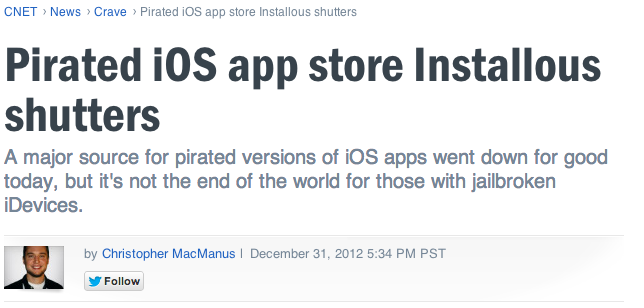 Next week, as I have in early January for I can’t remember how many years, I’ll head for Las Vegas and the International Consumer Electronics Show. I’ll admit I don’t much like either Vegas or CES, but this year, I’m anticipating the endless cab lines and paying $350 for a $150 hotel room with even less enthusiasm than usual. That’s because the prospects for anything resembling news from CES are pretty grim.
Next week, as I have in early January for I can’t remember how many years, I’ll head for Las Vegas and the International Consumer Electronics Show. I’ll admit I don’t much like either Vegas or CES, but this year, I’m anticipating the endless cab lines and paying $350 for a $150 hotel room with even less enthusiasm than usual. That’s because the prospects for anything resembling news from CES are pretty grim.
This is less a rap on CES than a comment on the current state of the industry. True, CES is to some extent a victim of its own success, a cacophony of announcements, most of them of little interest to anyone beyond the people making them. And with the shift to mobile, some of the attention has moved to Mobile World Congress, the annual February phone fest in Barcelona.
The fact is, however, that the tech industry has a problem: There undoubtedly will be a Next Big Thing, but it isn’t in sight at the moment. There aren’t even rumors about it. Television sets have long been the preeminent product at CES, dominating the massive “booths” of Samsung, LG, Panasonic, and Sony. But it’s really hard to generate any excitement about TVs at the moment. The industry featured 3D sets with much fanfare in 2011, but consumers have been lukewarm at best and the hoped-for flood of 3D content has failed to materialize. 3D is now just another feature of high-end sets, not a new and exciting product category.,The 4K “super HD” format is interesting for the future of very large displays but the high cost and lack of content make it mostly a curiosity for now.
“Smart TV,” another big industry hope, also hasn’t gone much of anywhere. Many TVs come with apps and internet connectivity to access over-the-top services, but poor user interfaces and limited programming choices have left users less than excited. The industry my be ripe for disruption, but the content owners and distributors remain in firm control. Maybe some day the long-awaited Apple TV will materialize to reinvent television. Or maybe the rumors about a big Intel TV effort will amount to something. I’m hoping, but I’m not holding my breath.
Since the death of Comdex a decade ago, CES has become, more or less by default, the country’s premier PC show. But the PC business is in the doldrums and without the presence of either Apple, which has never been a CES exhibitor, or Microsoft, which ended its heavy presence after last year, there is little prospect for major news. Besides, the major PC manufacturers unveiled all their new products for early 2013 in conjunction with the Windows 8 launch last fall.
For the past two years, CES has been overrun by dozens of tablets, most of which are never seen again, at least outside of China. I’m sure the same will be true this year. But the big players won’t be making any news.
Automobiles have become rolling computers and I don’t follow the area as closely as I should. I’m looking forward to catching up with the latest in automotive electronics and informatics. Of course, I could probably learn more and save a lot of time and money by skipping CES and going to the North American International Auto Show in Detroit the following week.
I still expect to learn a fair amount at CES. I always like to prowl the smaller, less expensive booths on the fringes of the big exhibit halls. Mostly, they are populated by component manufacturers showing products that could only draw someone with a deep interest in connectors or power supplies but every once in a while, something offbeat and novel turns up. And I’ll cruise the show-within-a-show exhibitions put on by Pepcom and ShowStoppers that allow a sort of a speed dating view of dozens of products, many of which won’t turn up on the CES floor. If I find anything interesting, I’ll be sure to let you know


